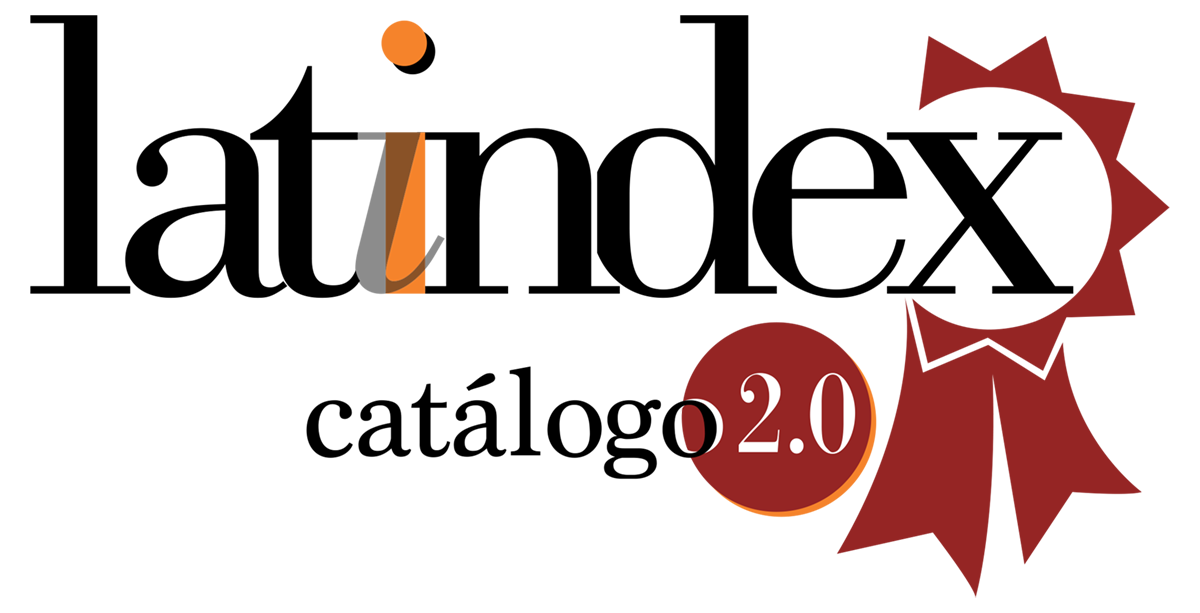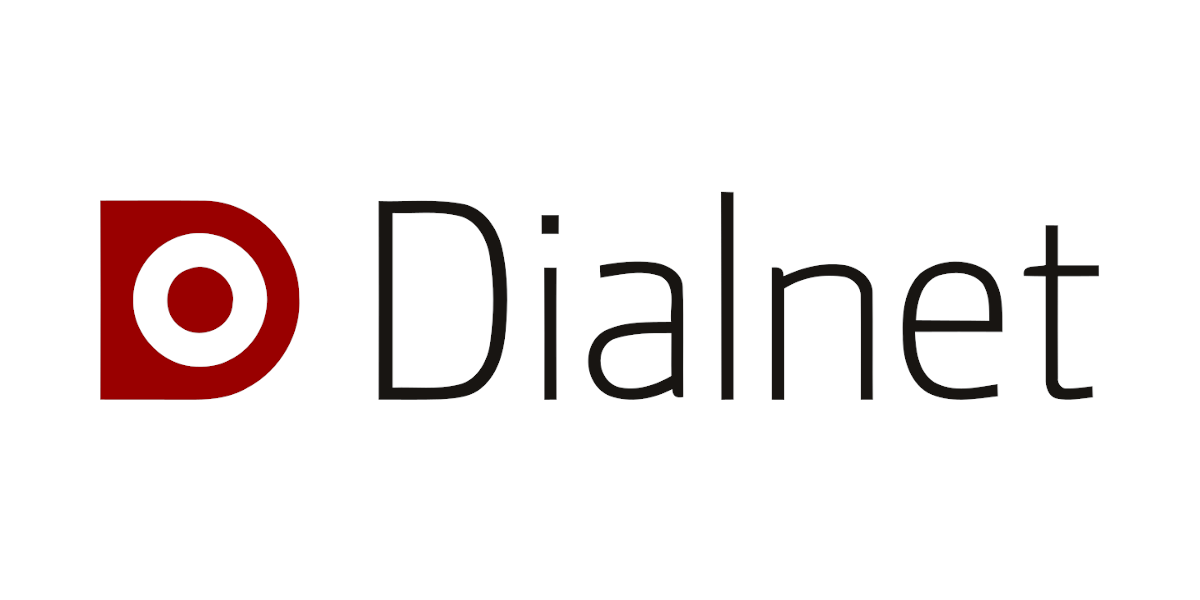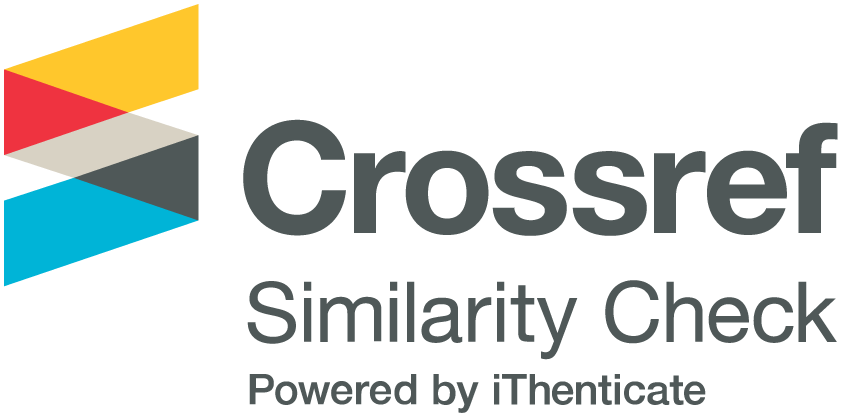Digital, Media and Parental Competence: a Bibliometric Analysis of Training in the Family
DOI:
https://doi.org/10.54790/rccs.103Keywords:
families, digital competence, media competence, parental competence, bibliometric reviewAbstract
Families must competently face their relationship with a technological society, where minors constitute a vulnerable group. Therefore, the main objective is to characterize the scientific production on the training of families in parental, media and digital skills through different bibliometric indicators, allowing a visual map of the state of play to be drawn up. A scientometric investigation has been carried out, adapting the protocol proposed by PRISMA, for the analysis period 2000-2022. The results show an exponential increase in scientific interest regarding the training that should be offered to families in these three skills, the growing number of documents published on the subject and the interdisciplinarity of the topic. It has been demonstrated that in Spain this research has reached a very good quality. In conclusion, science can help to identify the best possible training and from which areas of knowledge to focus it.
Downloads
Metrics
References
Amoedo, A. (2023). El móvil es el dispositivo más utilizado para consultar noticias digitales (67%), muy por delante del ordenador (33%) y del televisor inteligente (30%). Digital News Report España 2023. https://acortar.link/qvQwgU
Arencibia-Jorge, R., Vega-Almeida, R. L., Jiménez-Andrade, J. L. y Carrillo-Calvet, H. (2022). Evolutionary stages and multidisciplinary nature of artificial intelligence research. Scientometrics, 127, 5139-5158. https://doi.org/10.1007/s11192-022-04477-5 DOI: https://doi.org/10.1007/s11192-022-04477-5
Austin, E. W., Austin, B., Kaiser, C. K., Edwards, Z., Parker, L. y Power, T. G. (2020). A Media Literacy-Based Nutrition Program Fosters Parent-Child Food Marketing Discussions, Improves Home Food Environment, and Youth Consumption of Fruits and Vegetables. Childhood Obesity, 16(S1), S-33. https://doi.org/10.1089/chi.2019.0240 DOI: https://doi.org/10.1089/chi.2019.0240
Ávila-Robinson, A., Mejia, C. y Sengoku, S. (2021). Are bibliometric measures consistent with scientists’ perceptions? The case of interdisciplinarity in research. Scientometrics, 126(9), 7477-7502. https://doi.org/10.1007/S11192-021-04048-0 DOI: https://doi.org/10.1007/s11192-021-04048-0
Barudy, J. y Dantagnan, M. (2010). Los desafíos invisibles de ser madre o padre. Manual de evaluación de las competencias y la resiliencia parental. Barcelona: Gedisa.
Benítez-Pérez, M. E. (2017). La familia: desde lo tradicional a lo discutible. Revista Novedades en Población, 13(26), 58-68. https://revistas.uh.cu/novpob/article/view/742
Cabrera, J. F. (2020). Producción científica sobre integración de TIC a la Educación Física. Estudio bibliométrico en el periodo 1995-2017. Retos, 37, 748-754. https://doi.org/10.47197/retos.v37i37.67348 DOI: https://doi.org/10.47197/retos.v37i37.67348
Carneiro-Barrera, A., Ruiz-Herrera, N. y Díaz-Román, A. (2019). Tesis doctorales en Psicología tras la adaptación al Espacio Europeo de Educación Superior. Revista de Investigación en Educación, 17(1), 32-43. https://bit.ly/2ZuI45t
Chen, C., Chen, S., Wen, P. y Snow, C. E. (2020). Are screen devices soothing children or soothing parents? Investigating the relationships among children’s exposure to different types of screen media, parental efficacy and home literacy practices. Computers in Human Behavior, 112, 106462. https://doi.org/10.1016/j.chb.2020.106462 DOI: https://doi.org/10.1016/j.chb.2020.106462
Comisión Europea (2014). Comprender las políticas de la Unión Europea: Agenda Digital para Europa. http://europa.eu/pol/index_es.htm
Comisión Europea (2016). DigCompOrg. Digitally Competent Educational Organisations. https://ec.europa.eu/jrc/en/digcomporg
Consejo de Europa (2006). Recomendación Rec (2006) 19 del Comité de Ministros a los Estados Miembros sobre políticas de apoyo a la parentalidad positiva. https://acortar.link/A8xr0d
Consejo de Europa (2018). Recomendación del Consejo de 22 de mayo de 2018 relativa a las competencias clave para el aprendizaje permanente (2018/C 189/01). https://n9.cl/s9xp4
Cucarella, L. y Fuster, P. (2022). Alfabetización mediática. Madrid: Fundación Luca de Tena.
Cuevas, N., Gabarda, V., Cívico, A. y Domínguez, R. (2020). La competencia digital: ¿una responsabilidad compartida? En E. Colomo, E. Sánchez, J. Ruiz y J. Sánchez (Coords.), La tecnología como eje del cambio metodológico (pp. 1002-1005). Málaga: Universidad de Málaga Editorial.
Ding, Y., Rousseau, R. y Wolfram, D. (2014). Measuring scholarly impact. Springer eBooks. https://doi.org/10.1007/978-3-319-10377-8 DOI: https://doi.org/10.1007/978-3-319-10377-8
Fernández-Prados, J. S., Lozano-Díaz, A. y Ainz-Galende, A. (2021). Measuring Digital Citizenship: A Comparative Analysis. Informatics, 8(1), 18. https://doi.org/10.3390/informatics8010018 DOI: https://doi.org/10.3390/informatics8010018
Ferrari, A. (2012). Digital competence in practice: An analysis of frameworks (EUR 25351 EN). Publications Office of the European Union. https://doi.org/10.2791/82116
Ferrari, A. (2013). DIGCOMP: A Framework for Developing and Understanding Digital Competence in Europe. European Comission. Joint Research Centre. Institute for Prospective Technological Studies. https://publications.jrc.ec.europa.eu/repository/handle/JRC83167
Ferrari, A., Neza, B. y Punie, Y. (2014). DIGCOMP: A Framework for Developing and Understanding Digital Competence in Europe. eLearning Papers, 38, 3-17. www.openeducationeuropa.eu/en/elearning_papers
Ferrés, J. y Piscitelli, A. (2012). La competencia mediática: propuesta articulada de dimensiones e indicadores. Comunicar, XIX (38), 75-82. https://doi.org/10.3916/C38-2012-02-08 DOI: https://doi.org/10.3916/C38-2012-02-08
Gómez, E. y Muñoz, M. (2014). Escala de Parentalidad Positiva E2P. MANUAL. Fundación ideas para la Infancia. https://acortar.link/2SFlL0
Gómez-Navarro, D. A., Alvarado-López, R. A., Martínez-Domínguez, M. y Díaz de León-Castañeda, C. (2020). La brecha digital: una revisión conceptual y aportaciones metodológicas para su estudio en México. Entreciencias: diálogos en la sociedad del conocimiento, 6(16), 47-62. https://doi.org/10.22201/enesl.20078064e.2018.16.62611 DOI: https://doi.org/10.22201/enesl.20078064e.2018.16.62611
Guerrero-Bote, V. P., Olmeda-Gómez, C. y De Moya-Anegón, F. (2012). Quantifying the benefits of international scientific collaboration. Journal of The American Society For Information Science And Technology, 64(2), 392-404. https://doi.org/10.1002/asi.22754 DOI: https://doi.org/10.1002/asi.22754
Guess, A. M., Lerner, M., Lyons, B., Montgomery, J. M., Nyhan, B., Reifler, J. y Sircar, N. (2020). A digital media literacy intervention increases discernment between mainstream and false news in the United States and India. Proceedings of the National Academy of Sciences, 117(27), 15536-15545. https://doi.org/10.1073/pnas.1920498117 DOI: https://doi.org/10.1073/pnas.1920498117
Gutiérrez-Salcedo, M., Martínez, M. A., Moral-Muñoz, J. A., Herrera-Viedma, E. y Cobo, M. J. (2018). Some bibliometric procedures for analyzing and evaluating research fields. Appl Intell, 48, 1275-1287. https://doi.org/10.1007/s10489-017-1105-y DOI: https://doi.org/10.1007/s10489-017-1105-y
IAB España (2024). Estudio de redes sociales 2024. https://n9.cl/2v3ym3
Kotrla-Topić, M., Šakić-Velić, M. y Merkaš, M. (2020). Tablet and Smartphone or a Book: The Struggle between Digital Media and Literacy Environment in Homes of Croatian Preschool Children and Its Effect on Letter Recognition. Cyberpsychology, Behavior and Social Networking, 23(6), 412-417. https://doi.org/10.1089/cyber.2019.0482 DOI: https://doi.org/10.1089/cyber.2019.0482
Marín-Aranguren, E. M. y Trejos-Mateu, F. D. (2019). Sociedad civil en red y gobernanza de la Agenda 2030. Forum, 15, 91-117. https://doi.org/10.15446/frdcp.n15.74544 DOI: https://doi.org/10.15446/frdcp.n15.74544
Martínez-Vasallo, H. M. (2015). La familia: una visión interdisciplinaria. Revista médica electrónica, 37(5), 523-534. https://acortar.link/4da7f6
McDougall, J., Readman, M. y Wilkinson, P. (2018). The Uses of (Digital) Literacy. Learning, Media and Technology, 43(3), 263-279. https://www.learntechlib.org/p/191285/. DOI: https://doi.org/10.1080/17439884.2018.1462206
Mingers, J. y Leydesdorff, L. (2015). A review of theory and practice in scientometrics. European Journal of Operational Research, 246(1), 1-19. https://doi.org/10.1016/j.ejor.2015.04.002 DOI: https://doi.org/10.1016/j.ejor.2015.04.002
Ortega, J. L. (2018). Reliability and accuracy of altmetric providers: a comparison among Altmetric.com, PlumX and Crossref Event Data. Scientometrics, 116, 2123-2138. https://doi.org/10.1007/s11192-018-2838-z DOI: https://doi.org/10.1007/s11192-018-2838-z
Paredes-Labra, J., Freitas, A. y Díaz-Lara, G. (2021). La vida diaria y la competencia digital de los niños de Madrid en educación primaria. Análisis de un caso. Ra Ximhai: revista científica de sociedad, cultura y desarrollo sostenible, 17(1), 37-51. https://doi.org/10.35197/rx.17.01.2021.02.jp
PRISMA (Ed.) (2020). Declaración PRISMA. https://bit.ly/33JwE3x
Ramírez-García, A. y Aguaded-Gómez, I. (2020). «E-parenting +» a través de una Escuela de Familias: Formación parental como transferencia desde la investigación. Icono 14, 18(2), 353-378. https://doi.org/10.7195/ri14.v18i2.1458 DOI: https://doi.org/10.7195/ri14.v18i2.1458
Rubio, F. J. (2022). Educación parental: programas, necesidades formativas y propuesta de un modelo de intervención (tesis doctoral, Universidad Nacional de Educación a Distancia). Repositorio institucional UNED.
Ruiz-Marín y Hernández-Prados, M. A. (2016). La formación de familias. Un análisis bibliométrico. Revista Latinoamericana de Estudios de Familia, 8, 9-25. https://doi.org/10.17151/rlef.2016.8.2. DOI: https://doi.org/10.17151/rlef.2016.8.2
Scull, T., Malik, C. y Keefe, E. (2020). Determining the feasibility of an online, media mediation program for parents to improve parent-child sexual health communication. Journal of Media Literacy Education, 12(1), 13-25. https://doi.org/10.23860/JMLE-2020-12-1-2 DOI: https://doi.org/10.23860/JMLE-2020-12-1-2
Snowball Metrics (Ed.) (n.d.). Standardized research metrics – by the sector for the sector. https://bit.ly/3J6cLmS
Song, W. (2021). An Exploratory Study on Factors Influencing Digital Media Literacy - Focusing on the SNS use behavior and the parenting attitude of parents. The Korean Journal of Literacy Research, 12(2), 265-293. https://doi.org/10.37736/KJLR.2021.04.12.2.09 DOI: https://doi.org/10.37736/KJLR.2021.04.12.2.09
UNESCO (s. f.). Alfabetización Mediática e Informacional. UNESCO. https://www.unesco.org/es/media-information-literacy
Van Deursen, A. (2010). Internet Skills. Vital assets in an information society. Netherlands: University of Twente.
Van Raan, A. F. J. (2005). Measurement of Central Aspects of Scientific Research: Performance, Interdisciplinarity, Structure. Measurement: Interdisciplinary Research and Perspectives, 3(1), 1-19. https://doi.org/10.1207/s15366359mea0301_1 DOI: https://doi.org/10.1207/s15366359mea0301_1
Visser, M. S., Van Eck, N. J. y Waltman, L. (2021). Large-scale comparison of bibliographic data sources: Scopus, Web of Science, Dimensions, Crossref, and Microsoft Academic. Quantitative Science Studies, 2(1), 20-41. https://doi.org/10.1162/qss_a_00112 DOI: https://doi.org/10.1162/qss_a_00112
Waltman, L. (2016). A review of the literature on citation impact indicators. Journal of Informetrics, 10(2), 365-391. https://doi.org/10.1016/j.joi.2016.02.007 DOI: https://doi.org/10.1016/j.joi.2016.02.007
Walton, G. (2016). «Digital Literacy» (DL): Establishing the Boundaries and Identifying the Partners. New Review of Academic Librarianship, 22, 1-4. https://doi.org/10.1080/13614533.2015.1137466 DOI: https://doi.org/10.1080/13614533.2015.1137466
Wang, X. y Xing, W. (2018). Exploring the Influence of Parental Involvement and Socioeconomic Status on Teen Digital Citizenship: A Path Modeling Approach. Journal of Educational Technology & Society, 21(1), 186-199. https://www.jstor.org/stable/26273879
Downloads
Published
How to Cite
Issue
Section
License
Copyright (c) 2025 Antonio González-Molina, Rocío Gómez-Moreno, Lucía Ballesteros-Aguayo, Antonia Ramírez García, Mª Pilar Gutiérrez-Arenas

This work is licensed under a Creative Commons Attribution-NonCommercial-ShareAlike 4.0 International License.
Funding data
-
Fundación Pública Andaluza Centro de Estudios Andaluces
Grant numbers PRY-033. Diagnóstico de competencias digitales, mediáticas y parentales de las familias andaluzas. Propuesta formativa 4.0. 2023/2025.










